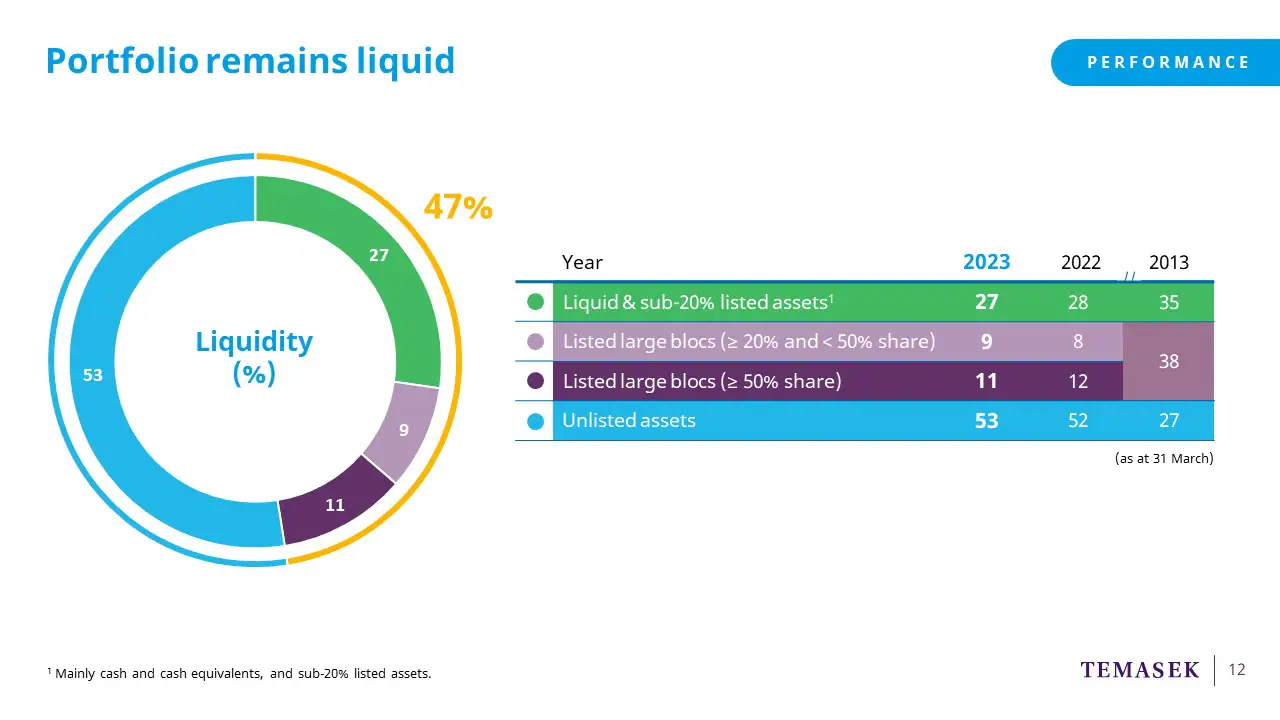Do Student Loans Count in Debt to Income Ratio? Understanding the Impact on Your Financial Health
Guide or Summary:Why Understanding Your DTI Ratio MattersHow Student Loans Factor into Your DTI CalculationStrategies to Manage Your DTI RatioConclusion: Th……
Guide or Summary:
- Why Understanding Your DTI Ratio Matters
- How Student Loans Factor into Your DTI Calculation
- Strategies to Manage Your DTI Ratio
- Conclusion: The Importance of Monitoring Your DTI Ratio
When it comes to managing your finances, understanding how different types of debt affect your overall financial picture is crucial. One of the key metrics that lenders use to assess your borrowing capacity is the debt-to-income (DTI) ratio. This ratio compares your total monthly debt payments to your gross monthly income, helping lenders determine your ability to repay loans. But the question arises: Do student loans count in debt to income ratio?
The answer is a resounding yes. Student loans are considered a significant form of debt, and they play a crucial role in calculating your DTI ratio. Whether you have federal student loans, private loans, or a combination of both, these obligations will be factored into your overall debt picture.
Why Understanding Your DTI Ratio Matters
Your DTI ratio is a vital indicator of your financial health and stability. Lenders use this ratio to evaluate the risk of lending you money. A lower DTI ratio suggests that you have a manageable level of debt relative to your income, making you a more attractive candidate for loans such as mortgages, car loans, or personal loans. Conversely, a higher DTI ratio may signal to lenders that you are over-leveraged and may struggle to meet additional debt obligations.

How Student Loans Factor into Your DTI Calculation
To calculate your DTI ratio, you first need to sum up all of your monthly debt payments, including student loans, credit card payments, auto loans, and any other recurring debt obligations. Then, divide that total by your gross monthly income (the amount you earn before taxes and other deductions).
For example, if you have a total monthly debt payment of $1,500 and a gross monthly income of $4,500, your DTI ratio would be 33% ($1,500 ÷ $4,500). Lenders typically prefer a DTI ratio of 36% or lower, although some may allow for higher ratios depending on other factors such as credit score and financial reserves.
Strategies to Manage Your DTI Ratio
If you find that your DTI ratio is higher than you’d like, there are several strategies you can implement to improve it.

1. **Pay Down Debt**: Focus on paying off high-interest debts first, such as credit cards. Reducing your overall debt will lower your monthly obligations and improve your DTI ratio.
2. **Increase Your Income**: Consider taking on a side job or freelance work to boost your income. Even a small increase can make a significant difference in your DTI calculation.
3. **Consider Income-Driven Repayment Plans**: If you have federal student loans, explore income-driven repayment plans that can lower your monthly payments based on your income. This can help reduce your DTI ratio.

4. **Avoid New Debt**: Try to avoid taking on additional debt while you work on improving your DTI ratio. This includes refraining from applying for new credit cards or loans.
Conclusion: The Importance of Monitoring Your DTI Ratio
In summary, do student loans count in debt to income ratio? Yes, they do, and understanding how they impact your financial health is essential. By keeping an eye on your DTI ratio and taking proactive steps to manage your debt, you can enhance your financial standing and improve your chances of securing loans in the future. Regularly reviewing your financial situation and making informed decisions will empower you to take control of your finances and pave the way for a more secure financial future.